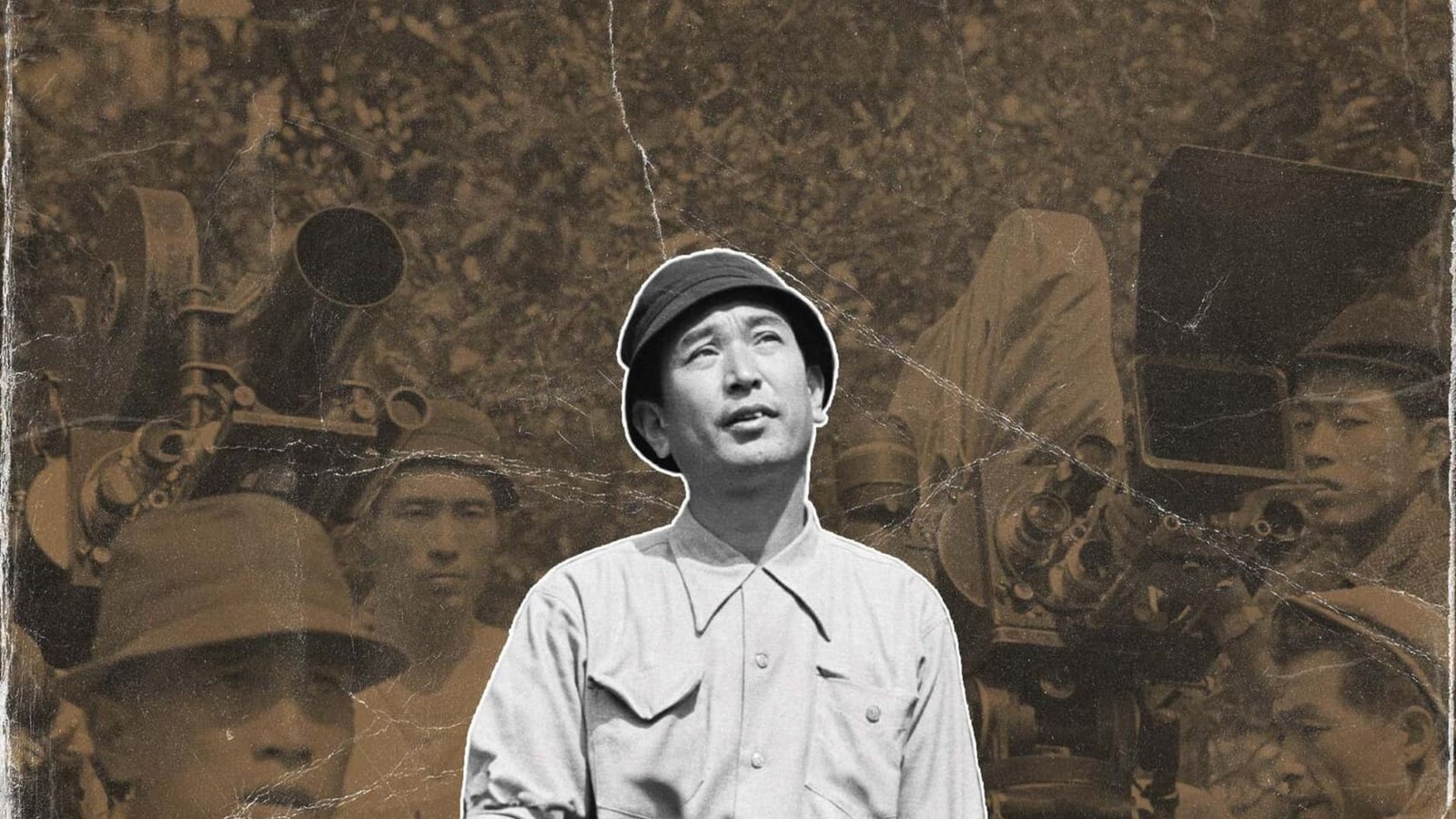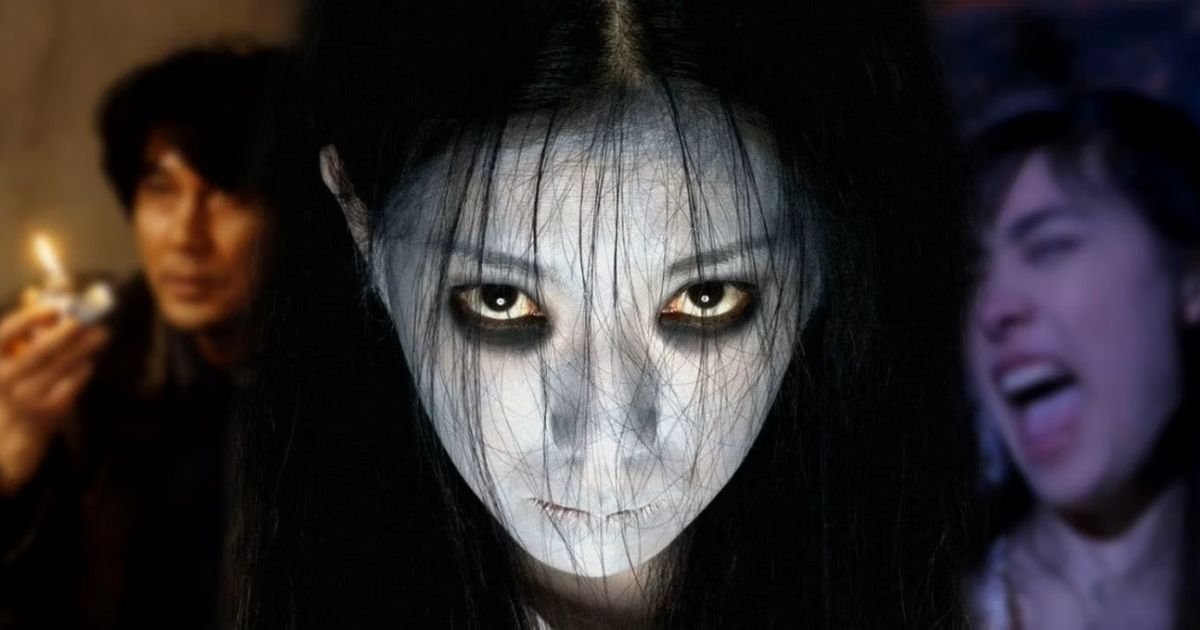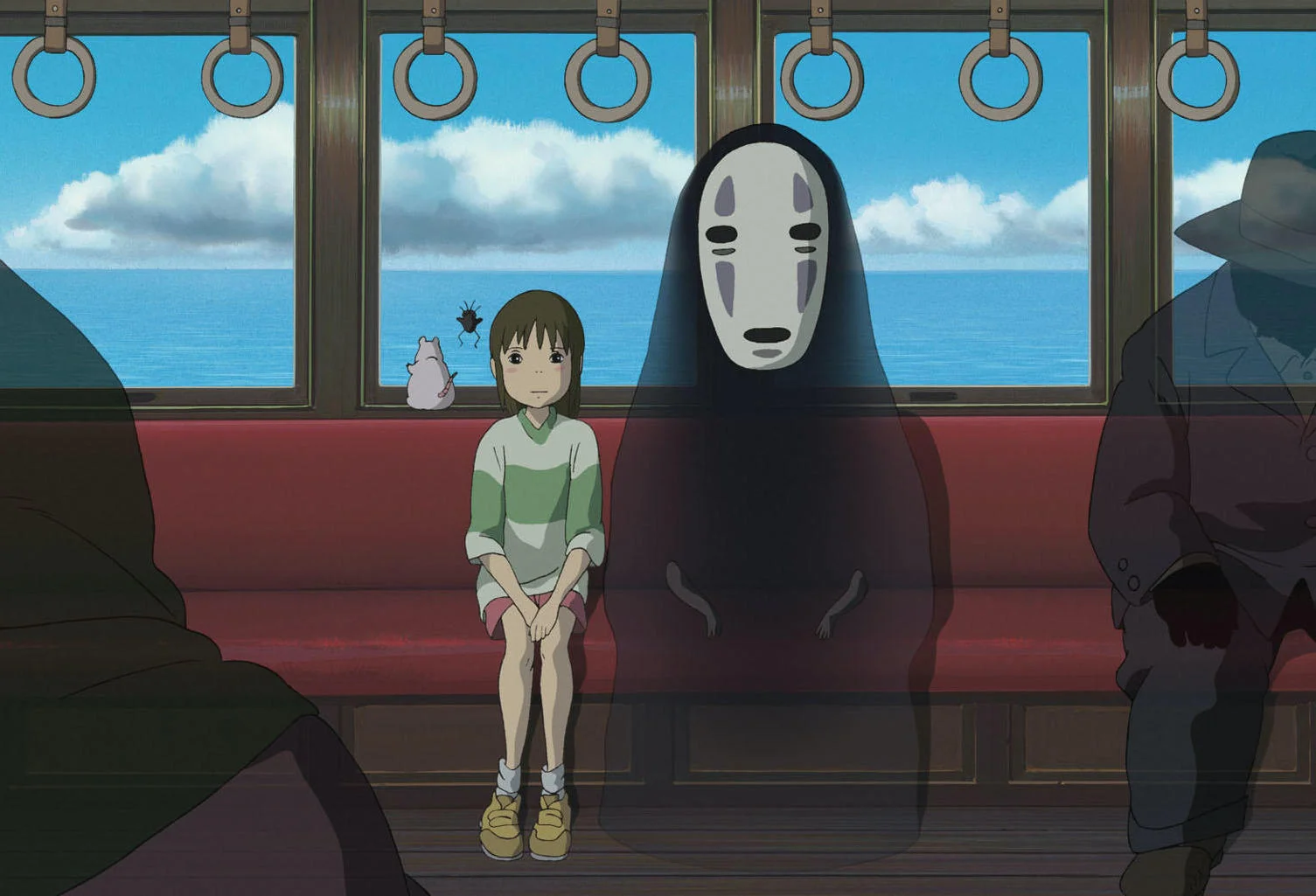Japanese cinema boasts a rich tapestry of directors whose works have left a lasting impact on global film. Among them, Akira Kurosawa and Yasujiro Ozu stand out as two of the most influential figures, each with a distinct style and vision. This article highlights their contributions to cinema and introduces other notable Japanese directors who have shaped the landscape of Japanese and world filmmaking.

Akira Kurosawa: The Pioneer of Epic Storytelling
Akira Kurosawa (1910–1998) is often hailed as one of the greatest filmmakers in the history of cinema. His influence extends far beyond Japanese cinema, impacting filmmakers around the world with his innovative techniques and epic storytelling.
Key Works:
- Seven Samurai (1954): This classic film, which follows a group of samurai hired to protect a village from bandits, is renowned for its complex characters, dynamic action sequences, and profound themes of honor and sacrifice. It inspired numerous adaptations, including Hollywood’s The Magnificent Seven.
- Rashomon (1950): Known for its narrative technique that presents multiple perspectives of a single event, Rashomon introduced the “Rashomon Effect,” influencing films like The Usual Suspects and Pulp Fiction.
- Ikiru (1952): A poignant story about a bureaucrat facing terminal cancer and his quest to find meaning in his life, Ikiru showcases Kurosawa’s ability to blend personal drama with universal themes.
Legacy:
Kurosawa’s innovative use of weather elements, dynamic camera work, and deep character studies have had a lasting impact on filmmaking. Directors like George Lucas, Steven Spielberg, and Martin Scorsese have acknowledged his influence on their work, particularly in the realms of storytelling and visual style.
Yasujiro Ozu: The Master of Subtlety and Simplicity
Yasujiro Ozu (1903–1963) is celebrated for his unique approach to filmmaking, characterized by his understated style, focus on family life, and use of static camera shots. His films offer a window into the Japanese family experience and the changing dynamics of post-war Japan.
Key Works:
- Tokyo Story (1953): Often regarded as Ozu’s masterpiece, Tokyo Story explores the relationship between aging parents and their children. The film’s minimalist approach and deep emotional resonance have made it a classic in world cinema.
- Late Spring (1949): This film examines the life of a single woman who sacrifices her own happiness for her family. It highlights Ozu’s thematic focus on familial duty and personal sacrifice.
- An Autumn Afternoon (1962): Ozu’s final film, which deals with the themes of generational change and the difficulties of aging, continues his exploration of the complexities of family life with gentle precision.
Legacy:
Ozu’s use of low-angle shots, subtle storytelling, and focus on everyday moments have influenced filmmakers such as Wim Wenders and Jim Jarmusch. His films remain celebrated for their emotional depth and simplicity, capturing the essence of human relationships with elegance.
Other Notable Japanese Directors
Akira Kurosawa
- **Satoshi Kon (1963–2010): Known for his innovative work in anime and psychological thrillers, Kon’s films like Paprika (2006) and Perfect Blue (1997) have influenced both Japanese and Western cinema. His exploration of dreams and reality has left a significant mark on contemporary filmmaking.
- **Hirokazu Kore-eda: A modern master of family dramas, Kore-eda’s films, such as Shoplifters (2018) and Like Father, Like Son (2013), delve into social issues and family dynamics with a compassionate and realistic approach. His work continues the tradition of Ozu’s focus on family life while addressing contemporary concerns.
Takeshi Kitano (b. 1947):
Kitano, known for his distinctive style that blends violence with moments of quiet introspection, has made significant contributions to Japanese cinema. His films, such as Hana-bi (1997) and Outrage (2010), often explore themes of crime, justice, and the human condition with a unique blend of humor and brutality.
Masaaki Yuasa (b. 1965):
A contemporary animator known for his unconventional and visually striking works, Yuasa’s films like Mind Game (2004) and The Night is Short, Walk on Girl (2017) push the boundaries of traditional anime, offering innovative storytelling and animation techniques.
Conclusion
Japanese cinema is defined by its diversity of styles and approaches, with directors like Akira Kurosawa and Yasujiro Ozu leaving indelible marks on the industry. Kurosawa’s epic storytelling and Ozu’s subtle, family-focused narratives have shaped not only Japanese cinema but also influenced filmmakers worldwide. Contemporary directors continue to build on this legacy, expanding the scope of Japanese cinema and its impact on global filmmaking.










